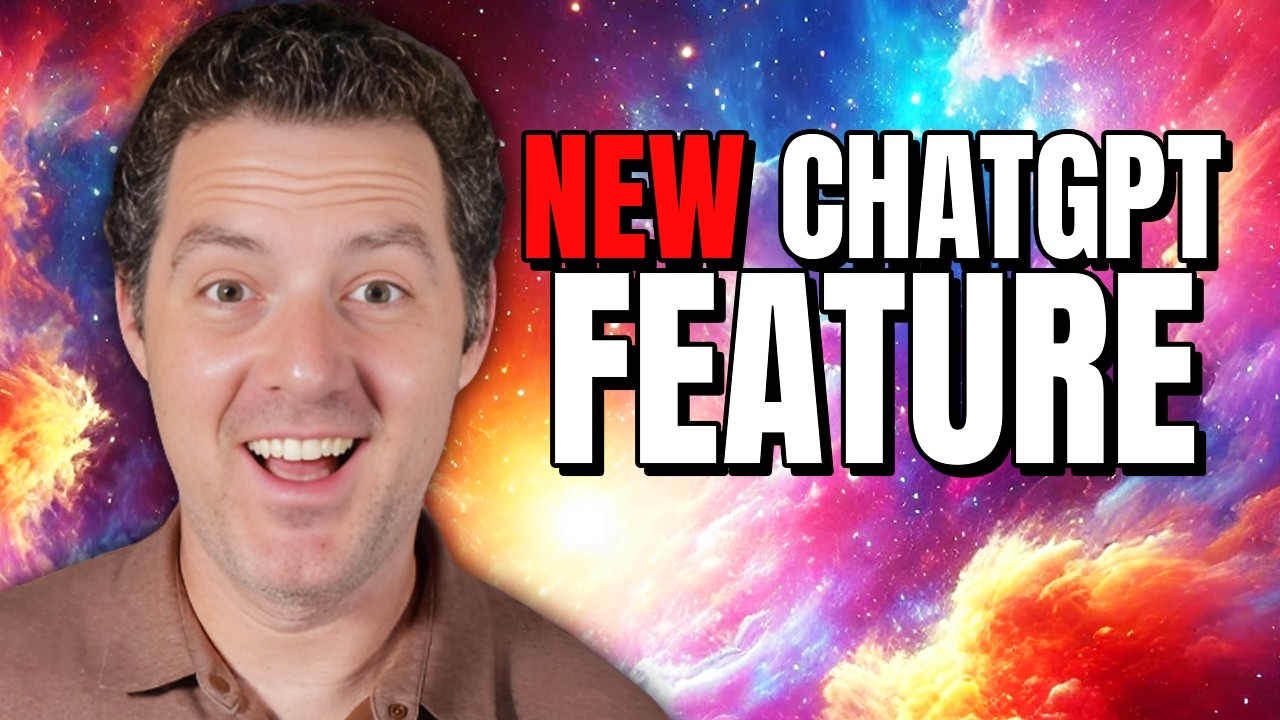OpenAI has launched a new feature called “TASKS” in ChatGPT, allowing users to set reminders and manage tasks, enhancing its functionality as a digital assistant. Currently in beta for Plus, Team, and Pro subscribers, the feature enables users to specify tasks, receive proactive suggestions, and manage up to 10 simultaneous reminders, marking a significant step towards a more agentic AI experience.
OpenAI has introduced a new feature called “TASKS” as part of ChatGPT, allowing users to set reminders and tasks for the AI to remember and follow up on at a later date. This feature aims to enhance ChatGPT’s functionality, making it more akin to a traditional digital assistant that can perform tasks on behalf of users. While the concept of task management is relatively simple in traditional programming, its integration into ChatGPT has garnered significant attention due to the AI’s advanced capabilities.
The TASKS feature is currently in beta and is being rolled out to Plus, Team, and Pro subscribers. Users can specify tasks they want ChatGPT to remember, including the timing and frequency of reminders. For instance, users can request daily weather updates at a specific time. Additionally, users will have access to a list of all their stored reminders, making it easier to manage tasks.
To access the TASKS feature, users need to select the appropriate model in ChatGPT that supports scheduled reminders. The system can also proactively suggest tasks based on ongoing conversations, although users must approve any suggestions before they are created. This adds a layer of interactivity and personalization to the user experience, as ChatGPT can anticipate needs based on context.
Currently, there is a limit of 10 tasks that can run simultaneously, and there is no information on when this feature will be available to free users. The introduction of TASKS is part of a broader trend towards making ChatGPT more agentic, with the potential to perform real-world tasks for users. The upcoming Operator project, which is expected to launch soon, aims to further enhance this capability by allowing the AI to control web browsers on behalf of users.
While the TASKS feature may seem straightforward to implement from a coding perspective, its integration into ChatGPT represents a significant step towards creating a more functional AI assistant. The excitement surrounding this development reflects a growing interest in AI systems that can effectively manage tasks and assist users in their daily lives. Overall, the introduction of TASKS marks an important milestone in the evolution of ChatGPT as a digital assistant.
